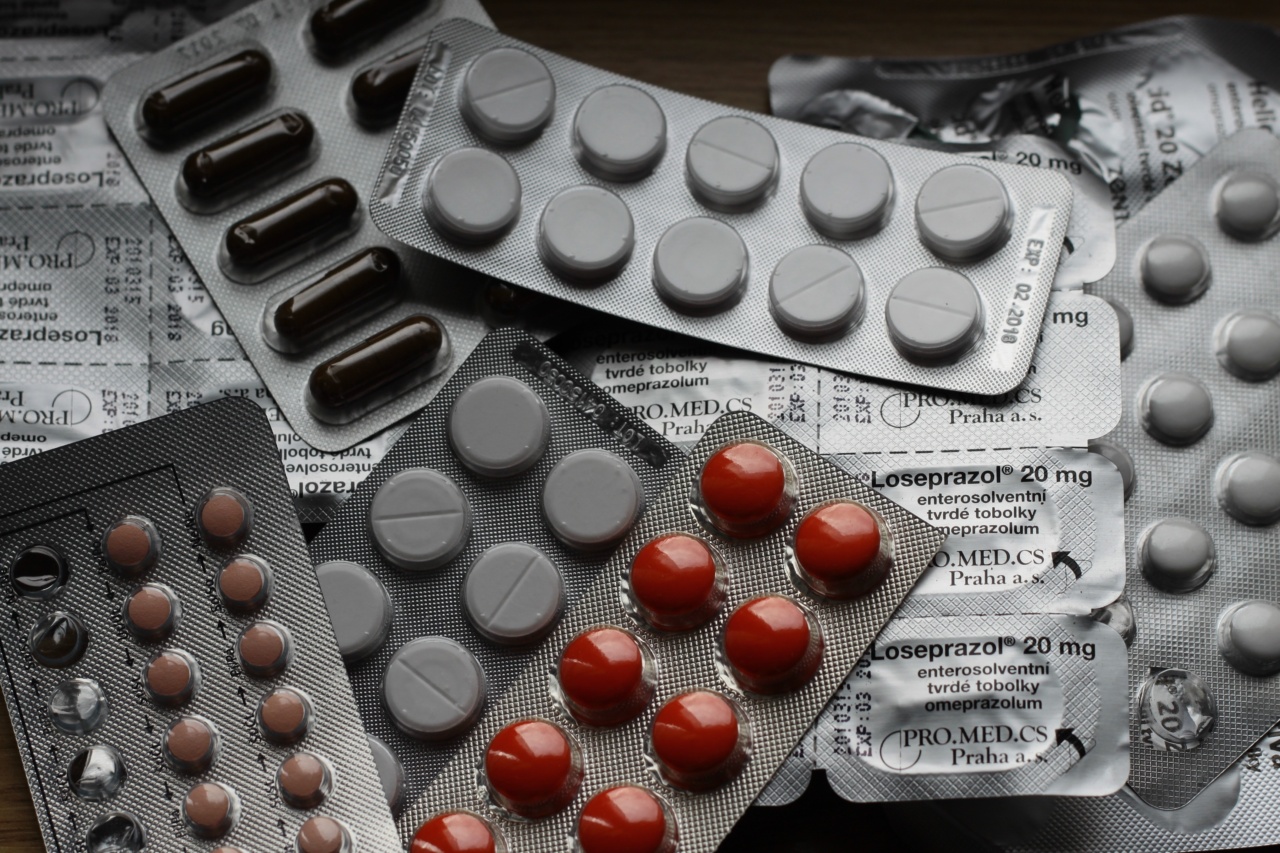Drug abuse remains a global concern and a growing public health issue. The impact of drug addiction goes far beyond immediate health risks and can have severe consequences on various organs, particularly the liver.
The liver plays a vital role in our overall well-being, responsible for detoxifying harmful substances in the body. However, continual drug use can overwhelm the liver’s capacity, resulting in irreversible damage and even fatal conditions. Understanding the relationship between drugs and liver health is crucial in addressing this critical issue.
1. How Drugs Affect the Liver
When drugs enter the body, they are processed by the liver through an intricate metabolic process. The liver attempts to neutralize and eliminate these foreign substances, but excessive and prolonged drug use can strain its functioning.
Certain drugs, such as opioids, cocaine, and methamphetamine, can directly damage liver cells, leading to inflammation, scarring, and ultimately, liver disease.
2. Hepatitis and Intravenous Drug Use
Intravenous drug use poses a significant risk for contracting hepatitis C, a viral infection that primarily affects the liver. Sharing needles or other drug paraphernalia can lead to the transmission of bloodborne diseases, including hepatitis B and C.
These viruses attack liver cells and trigger inflammation, potentially progressing to chronic hepatitis, liver cirrhosis, or liver cancer if left untreated. The combination of drug abuse and viral hepatitis can synergistically amplify liver damage and complicate treatment options.
3. Alcohol and Drug Interactions
Alcohol consumption, particularly in excessive amounts, can have disastrous consequences on liver health. When combined with drugs, the risks are further magnified.
Many drugs rely on the liver for their metabolism, and alcohol can interfere with this process, leading to altered drug levels and toxicity. Additionally, some drugs metabolize into harmful byproducts that can further damage liver cells when alcohol is present. The simultaneous use of drugs and alcohol dramatically heightens the detrimental effects on liver health.
4. Overdose and Acute Liver Failure
Drug overdose is a life-threatening condition that occurs when an individual takes an excessive amount of drugs. While the immediate risks include respiratory depression and cardiovascular complications, overdose can lead to acute liver failure.
Several drugs, including acetaminophen, commonly found in prescription and over-the-counter medications, can cause severe liver damage in large doses. Prompt medical intervention is crucial in preventing fatal outcomes when drug overdose is suspected.
5. Long-Term Consequences: Liver Cirrhosis
Chronic drug abuse takes a toll on the liver, progressively leading to liver cirrhosis. Cirrhosis is characterized by the replacement of healthy liver tissue with scar tissue, resulting in impaired liver function.
The liver becomes less efficient at detoxifying the body and metabolizing drugs, leading to further complications. Symptoms of cirrhosis include fatigue, jaundice, swollen legs or abdomen, and easy bruising or bleeding. Without intervention, liver cirrhosis can be life-threatening, often necessitating a liver transplant.
6. Prescription Medications and Liver Toxicity
While illicit drugs are commonly associated with liver damage, prescription medications can also have adverse effects on liver health.
Certain medications, including nonsteroidal anti-inflammatory drugs (NSAIDs) and statins, have been linked to instances of liver toxicity. It is essential to follow prescribed dosages and monitor liver function when using these medications, especially when combined with other substances.
7. Preventing Drug-Induced Liver Damage
Prevention plays a crucial role in reducing drug-induced liver damage. Education and awareness campaigns aimed at highlighting the risks associated with drug abuse are essential.
This includes information about the dangers of sharing needles, practicing safe sex, and seeking help for addiction. Early detection and treatment of viral hepatitis can also prevent the progression of liver disease. Additionally, responsible alcohol consumption and avoiding the use of illicit drugs are vital in maintaining liver health.
8. Seeking Help: Treatment and Rehabilitation
Recovering from drug addiction requires professional help and support. Treatment options, such as inpatient rehabilitation, outpatient counseling, and medication-assisted therapy, can assist individuals in overcoming addiction and minimizing harm.
Seeking help from healthcare professionals, support groups, or helplines can provide much-needed guidance for those struggling with drug addiction.
9. Liver Transplants: A Last Resort
In some cases of advanced liver disease, a liver transplant may be the only viable option. Liver transplantation involves replacing the damaged liver with a healthy organ from a deceased or living donor.
However, due to the scarcity of available organs, transplantation is often reserved for severe cases when all other treatment options have been exhausted. Emphasizing the importance of prevention and early intervention is crucial in reducing the need for liver transplants.
10. Conclusion
The road of drug abuse is undeniably dangerous, with dire implications for liver health. From direct liver cell damage to the interactions between drugs and viral hepatitis, the consequences of drug abuse can be devastating.
Education, prevention, and timely intervention are necessary to mitigate the risks associated with drug-induced liver damage. By addressing this issue head-on and offering support to those affected by drug addiction, we can strive towards a healthier future.




























